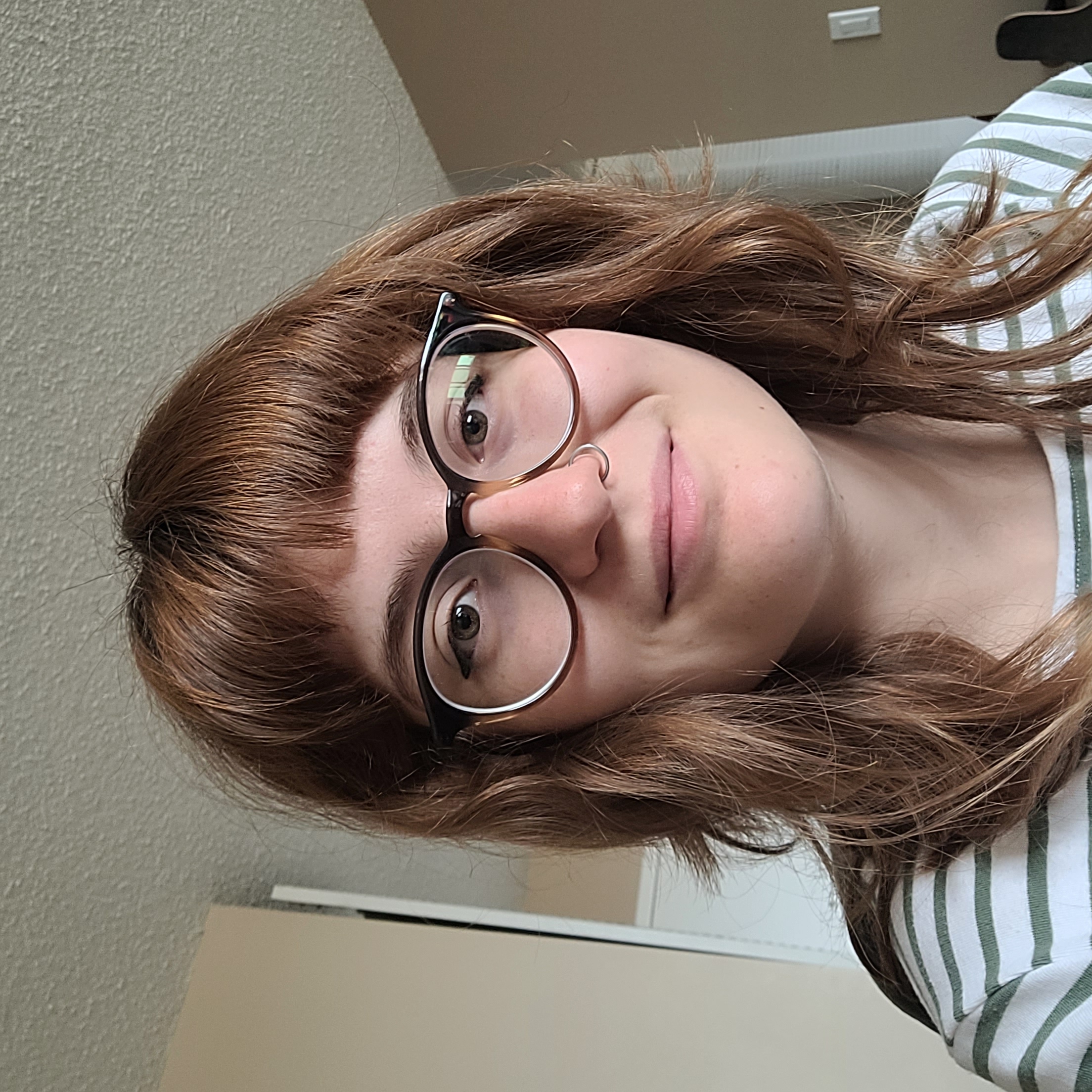Freya Hammond-Thrasher
Tell me what you do in your current position?
My work as a Communications Coordinator at Boyle Street Community Services includes managing our organization’s marketing and social media accounts, writing stories, building relationships with donors and stakeholders, and creating fundraising and awareness campaigns. Boyle Street is a nonprofit that serves people experiencing homelessness and poverty in Edmonton. During COVID-19, it's been a lot of working from my desk at home. Before the pandemic, my job also involved chatting with community members, getting to hear their stories and helping with events at our Community Centre. Because we work with a complex population, sometimes my work also involves responding to medical emergencies and de-escalating conflicts.
How did you get into this line of work?
I started at Boyle Street as a summer student after I graduated from my undergrad in sociology. I was hired on a federal grant to research Boyle Street's 50th Anniversary through archival work and interviews. It was such a special opportunity to hear people's stories and I was a good fit for the organization so they gave me a contract job and soon after promoted me to a full-time member of the communications team.
What do you enjoy about your current position?
I've always wanted a career in writing but wanted to combine it with my passion for social justice. I learn so much from the community members and my colleagues at Boyle Street and get to advocate for social change.
How do you think your BA Honors degree in Sociology helped you in your career journey to date?
I like to tell people that an undergrad degree in sociology, especially honors, is really a degree in reading, writing, and critical thinking. Sociology trained me to look beyond social norms and not only see opportunities for social change but actually act on them. During my thesis, I networked with a lot more professors in the department and professionals in my areas of interest, which helped me to pin down my interest in community-based research. Writing my thesis on Indigenous food sovereignty introduced me to settler colonialism, Indigenous cultural resurgence, and the importance of centering Indigenous peoples in all research and services involving their communities and the land we live on. Working at Boyle Street was a natural extension of my drive to work with the community. I hope to do a Master’s degree someday and work on a research project based on reciprocity and the direction of the community involved.
What advice would you have current students to help them prepare for employment after graduation?
Networking with professors in the sociology department is really helpful. They might seem scary at first but they are just people too and they have a lot of great advice about career paths and life in general. Many jobs arise through connections, so the more people you know, the more job opportunities you will be aware of. I would also suggest looking for a federally funded summer student position, if you have the capacity. Organizations often use summer positions as a chance to train you up and then hire you after you graduate!
